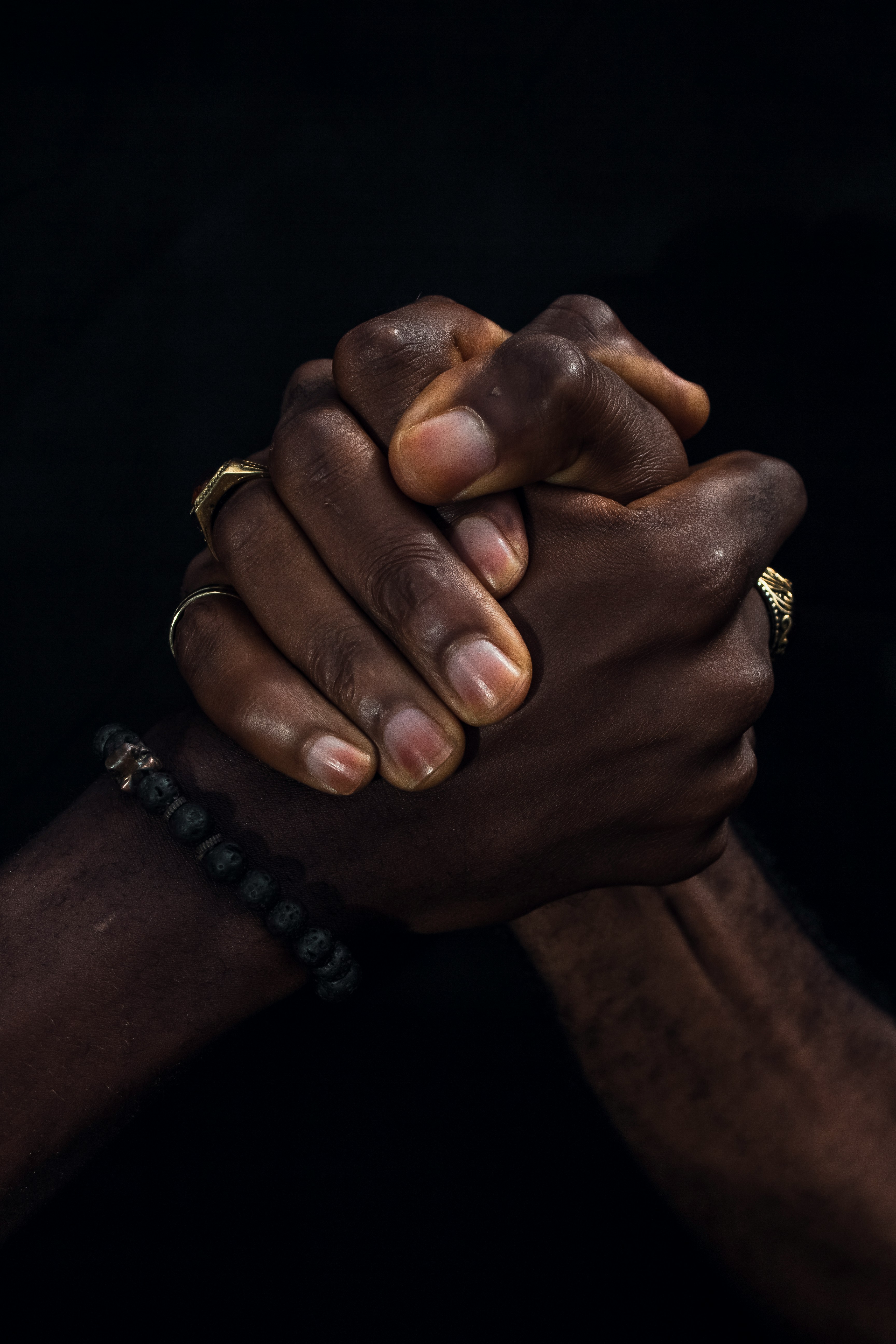
Dating in this city can feel like finding love in a hopeless place, if the hopeless place is a day party where everyone already knows everyone. You meet someone new at brunch only to realize you’ve been orbiting each other for years — same group chats, same playlists, the same late-night hangouts that blur one weekend into the next.When the world feels that small, convenience starts to look like fate. The person who’s already around, who knows your friends, who fits into your rhythm — they start to seem inevitable. But comfort and connection aren’t the same thing.
It’s easy to romanticize what’s already in reach. It feels organic, like something that “just happened.” But convenience can trick you into mistaking proximity for compatibility. What begins as chemistry between two people often becomes a social event, rippling through everyone who shares your orbit.
The social network of it all
In The Tipping Point, Malcolm Gladwell describes the “connector,” the person who brings different worlds together, whose relationships form bridges across boundaries. Connectors keep communities alive; they’re the social glue that lets information, emotion and opportunity move. Most of us know one — the friend who can introduce you to anyone, who never shows up alone, who somehow keeps five circles spinning in perfect sync.
When you date inside that kind of ecosystem, every new connection sends a pulse through the entire network. In a city where social circles overlap like concentric rings, one romantic choice doesn’t exist in isolation; it reshapes the emotional geometry of everyone around it. You think you’re falling for one person, but you’re also rewriting the story of who sits where, who gets invited, who feels comfortable showing up.
The thing about networks, as Gladwell implies, is that they’re dynamic, not fixed. One altered link creates movement everywhere else. A connector might not realize how deeply their relationships influence the structure until the structure begins to react — subtle shifts in group text energy, slightly longer pauses at the next get-together, the quiet recalibration of closeness and distance.
It doesn’t have to be scandalous. No one has to behave badly for things to feel off. It’s just how human systems respond to change. Every social web, no matter how modern or emotionally literate, runs on balance. When intimacy enters the mix, that balance gets tested. The network absorbs every move we make, a living, breathing organism with its own kind of memory.
The psychology of convenience
Psychologists call it the mere-exposure effect — the tendency to develop preference simply because something is familiar. The more often we see someone, the safer they feel, and safety can look a lot like love.
Convenience also feeds the illusion of fate. When someone is already in your circle, it feels effortless, like the universe had a plan. But effortlessness isn’t destiny; it’s infrastructure. The environment made it easy. And easy can be dangerous because frictionless stories are the ones we rarely examine.
So we skip the questions that matter. Do I actually know this person, or just the version of them I’ve been adjacent to? Am I drawn to them, or to how neatly they fit into the life I’ve already built?
What the Gottman research suggests
The Gottman Institute found that lasting relationships often start with friendship. Couples who share humor, trust and responsiveness tend to thrive. But Gottman’s work also shows that relationships under social pressure struggle. A couple can be perfectly matched in private and still falter when they’re navigating public perception.
When that public is your friend group — your brunch crew, your shared history — the relationship becomes communal property. Every gathering carries subtext. The romance stops being just yours.
The Gottmans say that successful couples learn to “turn toward” each other, even when outside forces tug them apart. But that’s harder when those forces have names, shared jokes and group photos.
When you are the connector
Gladwell’s connector is magnetic, but in dating, that magnetism can turn heavy. If you’re the person who links everyone, your relationships rarely stay private. When you fall for someone in your network, your choices ripple outward. If things go well, everyone glows with secondhand joy. If they collapse, the group feels the aftershock.
Being the connector feels noble at first. You think you can hold the center — keep the peace, balance the moods, make the group feel whole even as things shift underneath. But connection without boundaries becomes maintenance. You start managing emotion as if it’s logistics. Eventually, the ripple reaches you too.
And yet, it’s not all loss. There’s something tender about realizing how deeply connected we are, how one choice can change the emotional weather of a dozen lives. It reminds you that love, even the inconvenient kind, is never private. It always echoes.
The ripple, not the wave
It’s easy to confuse what’s close with what’s right — to believe that love lives in proximity. Maybe that’s why Rihanna’s line, we found love in a hopeless place, still hits. Sometimes the hopeless place isn’t heartbreak; it’s convenience.
When we fall for someone inside our social world, we aren’t just creating intimacy; we’re altering the current that holds us together. The ripple itself isn’t wrong. It’s simply real. Which is why, before we fall, we might pause — not to stop the ripple, but to respect it.